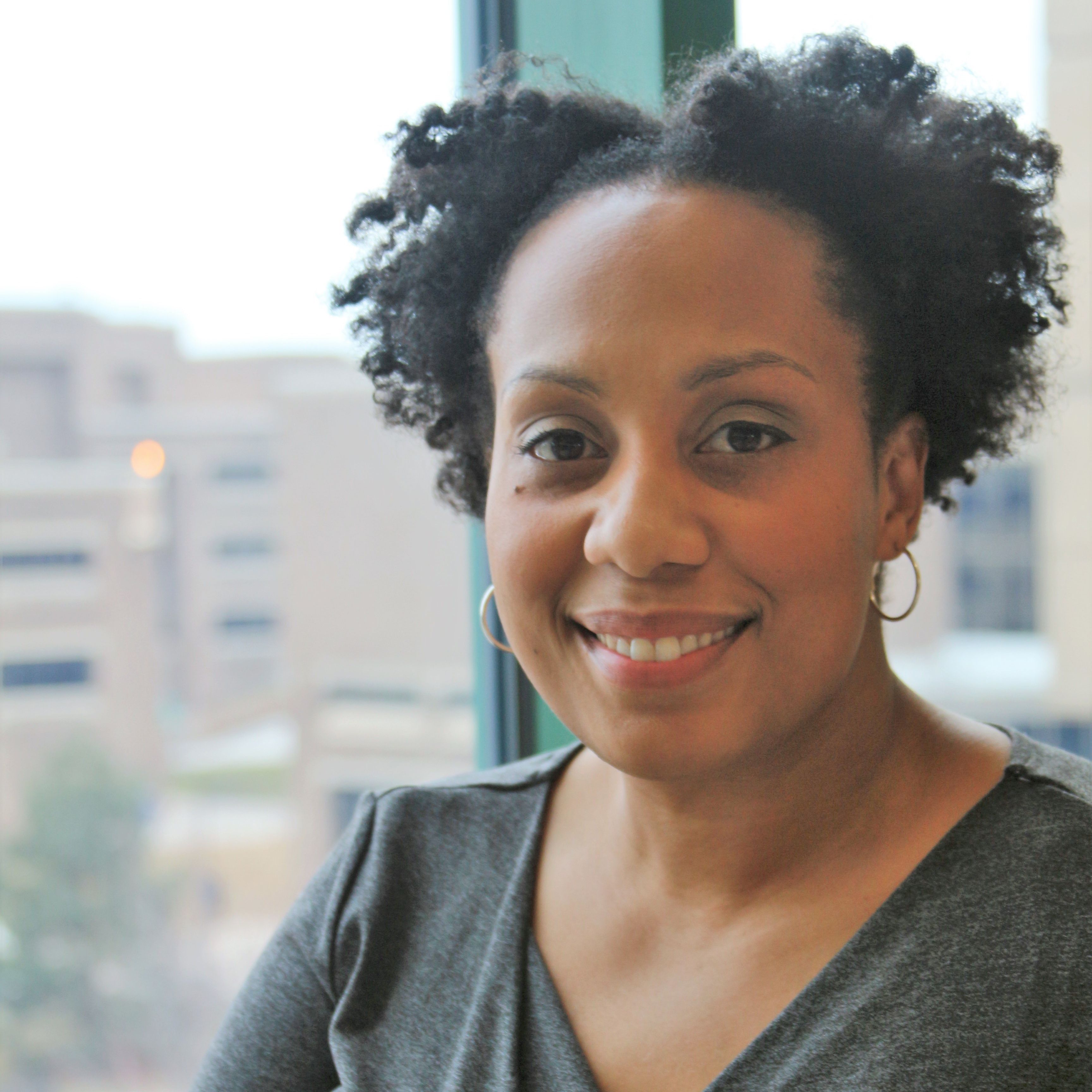- About Archives
- About SAA
- Careers
- Education
- Publications
- Advocacy
- Membership
 Raquel Flores-Clemons
Raquel Flores-ClemonsUniversity Archivist & Director of University Archives, Records Management, & Special Collections, Chicago State University
"If you’re not willing to acknowledge and challenge your own privilege, how effective can you be in dismantling systems of oppression that show up in our work? You have to be willing to challenge the norm to ensure the organization is moving in the direction of true equity and inclusiveness, not just because those terms are what’s “hot” now."
PROFESSIONAL EXPERIENCE
EDUCATION
PROFESSIONAL ACTIVITIES
SELECTED AWARDS
SELECTED PRESENTATIONS
QUESTION POSED BY NOMINATING COMMITTEE
The work of the Nominating Committee is critical to the success of SAA as an organization. Describe how you would identify and recruit potential candidates who represent a variety of backgrounds, experiences, and perspectives and who demonstrate commitment to SAA’s Strategic Goals.
CANDIDATE’S RESPONSE
As an advocate for equity and access, I am proud to be a part of a professional community that values diversity in the work of archives as well as in the record. Yet, there have been too many instances in the profession where those core values have not manifested as greatly as they should. I firmly believe that leadership in our professional organization should reflect the values that SAA Strategic Goals expound in order for them to take true form.
My professional experiences speak to how I value diversity and inclusiveness in the experience of an archivist as well as the value of the profession, which are informed by life experiences that cause me to understand the social harm caused when values are not upheld and the overcoming power of community when addressing challenges. These experiences will transfer valuably in the role of being of service to the profession through the nominating committee.
I’m a product of the West Side of Chicago, a community that the world and media declares impoverished and destitute, but community members’ tenacity, survival skills, and love for humanity compensated for the disinvestment in our neighborhood with car pools to better schools in distant neighborhoods and walking kids to school to create safe travel zones. I also was a nontraditional student, being a young parent while pursuing undergrad and graduate degrees, often being “the only one” (black person, person of color, parent) in the classroom, yet continued to pursue my passion for documenting underrepresented communities because the real story of “us” was not fully represented. And how could it be? The evidence to support all perspectives was still in grandma’s basement reflecting righteous distrust of colonizing practices ingrained in our work; or existed in the unrecognized validity creative form of Hip Hop that sustained and manifested new oral and cultural traditions of Black and Brown/Latinx communities.
These experiences informed my professional practice by realizing that the work as a culture keeper and memory worker is great privilege, but already exist in many forms in underrepresented communities, yet are not “credentialed”. This realization keeps me humble in the work as an archivist, and intentional about mentoring individuals who are doing the work, but did not realize this was a professional avenue. I’ve also applied these experiences by always looking for what is missing, whose story is not being told and using this platform – because it is a platform – to activate and amplify the narratives that are not often elevated.
If you’re not willing to acknowledge and challenge your own privilege, how effective can you be in dismantling systems of oppression that show up in our work? You have to be willing to challenge the norm to ensure the organization is moving in the direction of true equity and inclusiveness, not just because those terms are what’s “hot” now.
In order to support SAA’s strategic goals to advance the public standing of our profession, to ensure diversity and inclusiveness in the profession and archival record, as well as to ensure transparency, accountability integrity, and social responsibility, you have to have people at the table that are not typically represented. If fortunate enough to serve on the nominating committee, these experiences and perspective of ensuring that equity and inclusion is truly manifested in the work of candidates for leadership is what I will bring to the process.
Page updated on March 20, 2020.
Slate of Candidates |
The Nominating Committee has slated the following SAA members as candidates for office in the 2020 election: